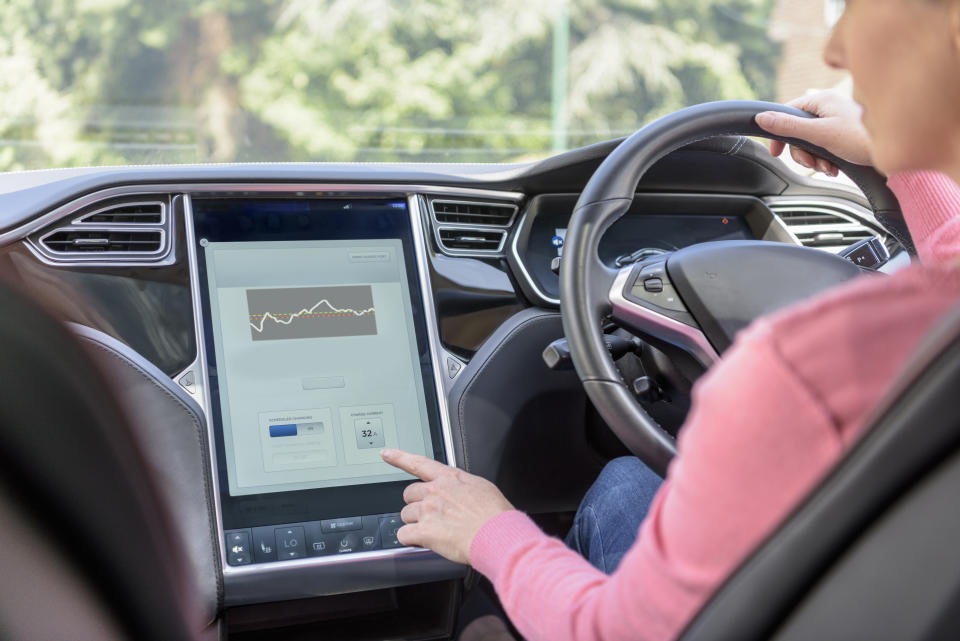Digital Transformation in Modern Business: From Automation to Smart Codes

Digital Transformation in Modern Business
In the current economic environment, digital transformation is crucial for businesses to maintain competitiveness. This transformation involves adopting new technologies and reshaping operations, cultures, and strategies to thrive in a digital-first landscape.
The Power of Automation
Automation plays a pivotal role in digital transformation by enhancing efficiency and reducing costs. Key applications include:
- AI-powered chatbots: Manage customer service queries continuously.
- Predictive analytics: Assist in demand forecasting and inventory optimization.
- Workflow automation tools: Streamline repetitive administrative tasks.
These technologies enable employees to focus on higher-value activities such as innovation and strategic engagement.
Scannable Codes and Their Role in Business
QR codes and data matrix codes are integral to connecting physical and digital environments. Data matrix codes, in particular, are prevalent in logistics, healthcare, and manufacturing due to their ability to store extensive information compactly, aiding in product tracking and compliance.
Cloud Computing and Digital Growth
Cloud platforms are essential for digital transformation, allowing businesses to:
- Scale operations without investing in expensive infrastructure.
- Facilitate real-time collaboration for remote teams.
- Securely store and manage large data volumes.
The adoption of cloud solutions has become necessary with the increase of hybrid work environments.
Internet of Things (IoT)
The IoT connects devices to the internet, creating smart ecosystems that collect and share data. Businesses leverage IoT in:
- Manufacturing: Using sensors to predict equipment failures and prevent downtime.
- Retail: Tracking customer movement to optimize store layouts.
- Healthcare: Monitoring patients remotely with wearable devices.
Cybersecurity Challenges
As digitization increases, cybersecurity becomes a priority due to the heightened risk of data breaches. Businesses must implement robust security measures such as:
- Multi-factor authentication (MFA).
- Data encryption.
- Continuous monitoring systems.
A strong commitment to security is essential for building customer trust.
The Future of Digital Transformation
Emerging technologies will further influence business operations, including:
- Artificial Intelligence (AI): Enhancing personalization and decision-making automation.
- Blockchain: Ensuring secure and transparent transactions.
- Edge Computing: Enabling faster data processing by bringing it closer to its source.
These innovations will contribute to creating smarter and more resilient organizations.
Cultural Shifts in Organizations
Digital transformation involves not only technology but also people. Successful organizations foster a digital-first culture where employees are encouraged to innovate and adapt to new tools. Leadership is crucial in cultivating this mindset.
Conclusion
Digital transformation is an ongoing journey involving various technologies, including QR codes, data matrix formats, cloud solutions, IoT, and AI. Businesses must remain agile and forward-thinking to succeed in a technology-driven future. Embracing digital transformation is essential for long-term success.
















